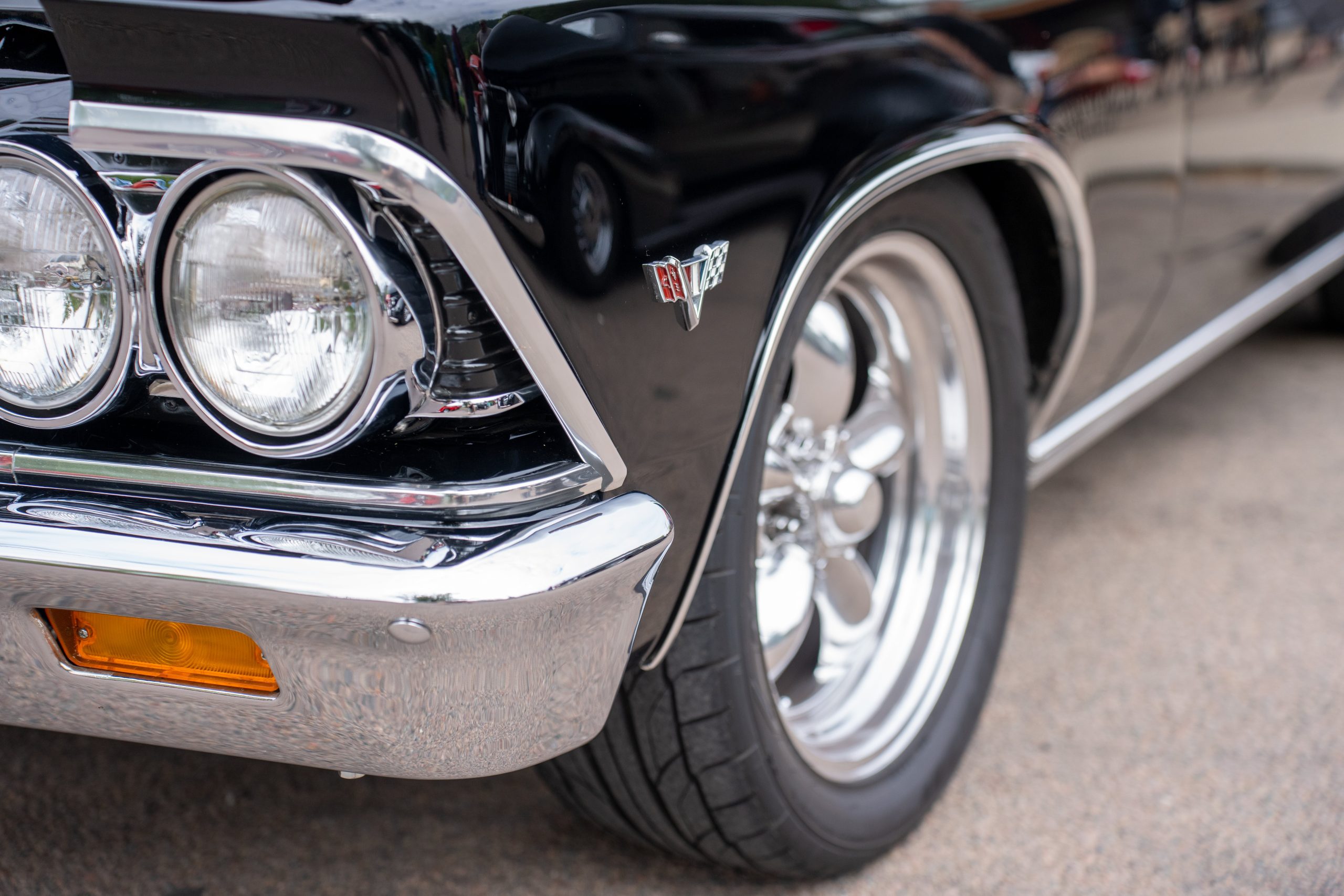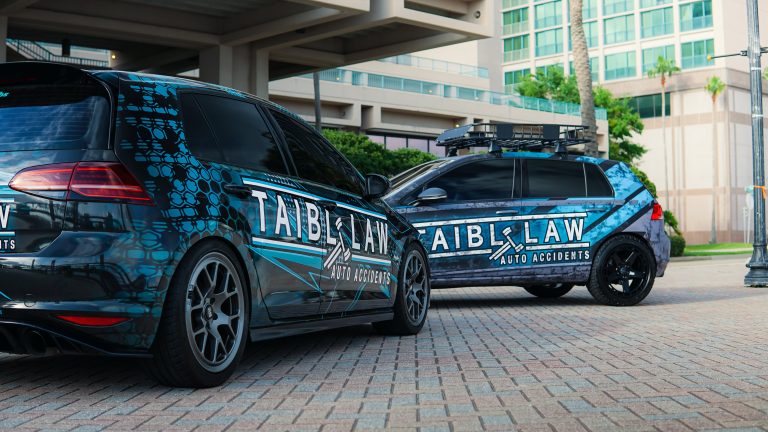In a world constantly on the move, where technology evolves at the blink of an eye, it’s easy to overlook the impact our daily choices have on those less fortunate. One simple yet powerful way to make a difference is by choosing to donate old cars to charity. This act not only breathes new life into your unused vehicle but also becomes a beacon of hope for those in need.
The Ripple Effect of Car Donations
1. Changing Lives Through Charity:
At the heart of every vehicle donation lies the potential to transform lives. Charitable organizations, armed with a mission to uplift communities, leverage these contributions to fund various initiatives, from education programs to healthcare services. Your old car, sitting idle, can become a catalyst for change, echoing its impact far beyond your garage.
2. Environmental Consciousness:
Beyond the altruistic aspect, choosing to donate your car is an eco-friendly decision. The automotive industry’s environmental footprint is undeniable, with discarded vehicles contributing to pollution. By opting for donation, you not only prevent your car from adding to the scrap heap but also support eco-conscious charities that strive to make the planet greener.
The Process Made Simple
3. Streamlined Donation Process:
Contrary to common misconceptions, donating a car is a straightforward process. Charities, recognizing the importance of your contribution, have streamlined the donation process, ensuring minimal hassle for donors. Most organizations provide online forms, making it convenient to initiate the donation process from the comfort of your home.
4. Tax Benefits for Donors:
In addition to the inherent satisfaction of contributing to a charitable cause, there are practical benefits for you as a donor. The Internal Revenue Service (IRS) provides tax incentives for vehicle donations, allowing you to maximize the impact of your generosity while enjoying potential tax deductions.
Choosing the Right Charity
5. Researching Charities:
Not all charities are created equal, and finding the right one aligning with your values is crucial. Prioritize organizations that transparently outline their mission, efficiently utilize donations, and have a positive track record. Websites like Charity Navigator or GuideStar can assist in evaluating the credibility of various charitable entities.
6. Local Impact Matters:
Consider donating to local charities as they often have a more direct impact on your community. Local organizations understand the unique challenges faced by your neighbors and can tailor their initiatives to address specific needs, amplifying the positive change within your immediate surroundings.
Overcoming Common Concerns
7. Tackling Concerns About Vehicle Condition:
Many potential donors hesitate, fearing their cars aren’t in pristine condition. However, most charities accept vehicles in various states, irrespective of whether they are operational or not. From functioning cars to those requiring extensive repairs, your donation can make a significant difference.
8. Understanding the Logistics:
To alleviate logistical concerns, charities often provide free towing services for your donated vehicle. This ensures a hassle-free experience, allowing you to contribute without the burden of arranging transportation.
A Lasting Legacy
9. Legacy of Giving:
Beyond the immediate impact, consider the lasting legacy your donation creates. By choosing to donate your old car, you inspire a culture of giving within your social circles. Friends and family witnessing your philanthropic efforts may be prompted to follow suit, creating a ripple effect of generosity that extends far beyond your individual contribution.
In conclusion, the decision to donate old cars to charity transcends the act itself; it’s a commitment to making a positive change in the world. From changing lives and preserving the environment to enjoying tax benefits, the benefits are vast and far-reaching. Your unused vehicle has the potential to be a catalyst for change, bringing hope to those who need it most.






